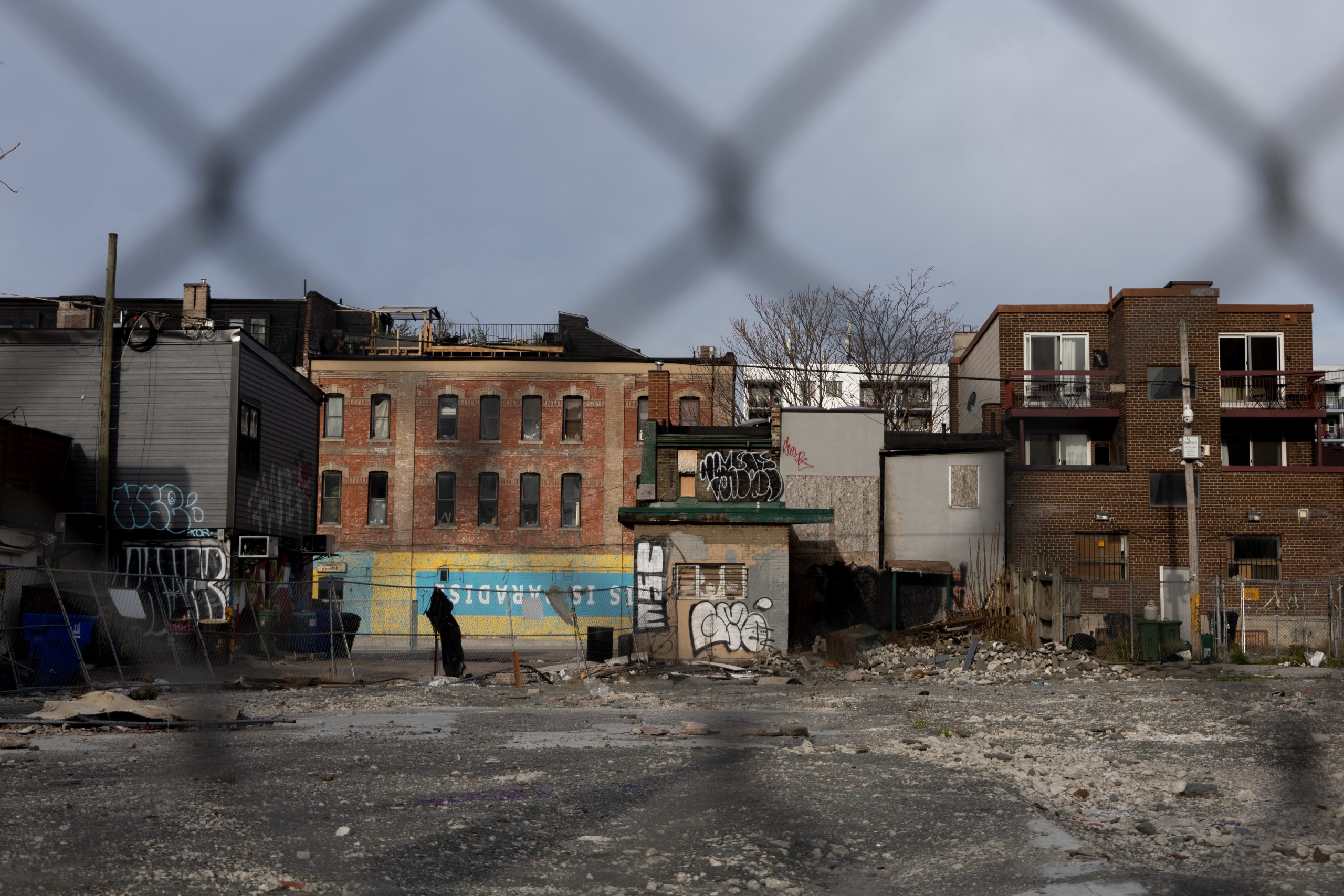Dr. Mah presents housing affordability research at DCP Research Seminar

Kensington, Toronto, Canada. Photo by Dan D. via unsplash.com. Kensington is a neighborhood facing gentrification in Toronto.
February 18, 2022
The Urban and Regional Planning Department’s Dr. Julie Mah recently participated in the College of Design, Construction, and Planning’s Research Seminar Series to discuss housing affordability in Toronto, Canada through an analysis of density bonusing agreements enacted by the city from 1988-2018.
The following is a summary of research and map showing different areas of redevelopment from Dr. Mah:
Limited public sector funding has meant that municipalities have increasingly relied upon the private sector to help build affordable housing. Some cities have employed density bonusing and other incentives as a way to generate new affordable housing production. In Toronto, the City has historically secured such affordable housing contributions largely through the development approvals process using individual negotiations with developers. Very little research has examined how effective this density bonusing approach has been in producing affordable housing in Toronto. This research examines density bonusing agreements from 1988 to 2018 that contain affordable housing benefits to understand the housing outcomes achieved through Toronto’s approach.

Dr. Mah’s focus for research is gentrification and displacement and how these processes influence housing affordability. Understanding how value capture tools can help fortify the stock of affordable housing in cities like Toronto will help cities and planners everywhere understand how to create more resilient neighborhoods in the face of economic change. More information about Dr. Mah’s research and background is available on the faculty bios page.
